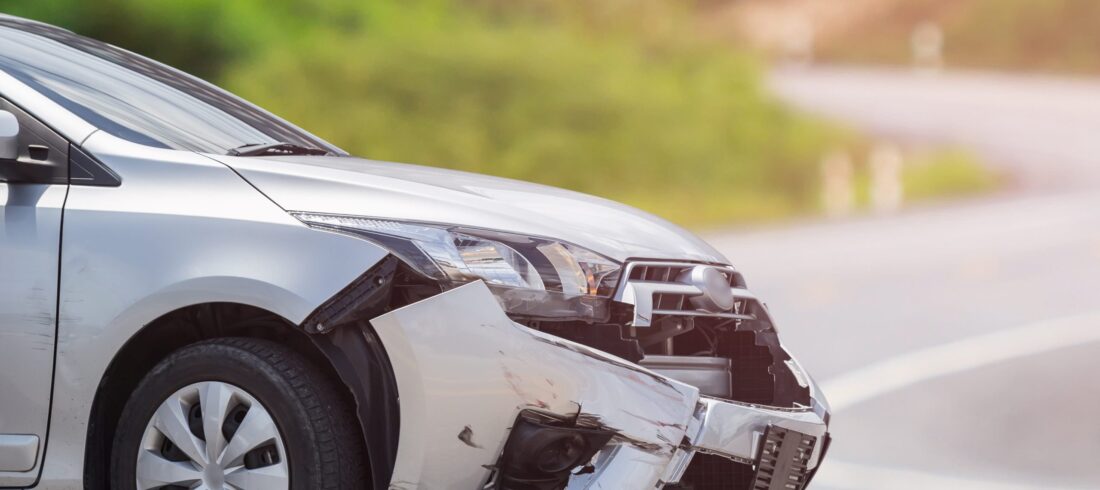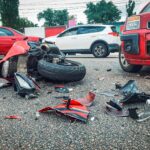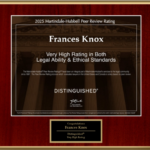Is it Illegal to Record the Police?
In today’s high tech world, almost everyone carries a smart phone or tablet with them. When a volatile or interesting situation occurs, it has become second nature to start recording a segment to post on Twitter, Facebook, Instagram, YouTube or a dozen other popular platforms. When it comes to police officers, public recording has become even more of an issue, with the rise of protests and accusations of police brutality. So, when someone is detained after filming police actions, it can be frustrating. At Knox Law Center, we proudly provide high quality criminal defense for Charlotte, North Carolina area men and women who have been charged with a variety of crimes. Have you been arrested for obstruction while filming an officer? Are you trying to become aware of your rights so you can avoid arrest in the future? Here is some more information on this controversial and somewhat confusing topic.
When Is It Okay to Record the Police?
The first amendment guarantees freedom of the press to all citizens of the United States. This means that individuals can publish written materials, record audio, take photographs and film in public spaces without concern for arrest. You can use your phone, digital camera or other electronic device to record anything that is in plain view of a public area, including federal buildings, government officials and police officers. It may also be okay to record on private property, but permission must be obtained by the owner of the property or the event organizer.
Conditions that May Put You at Risk for Recording an Officer
While your first amendment rights stand firm, there are certain circumstances when filming police can cross the legal line. Freedom of the press doesn’t allow citizens to break laws while recording. For instance, if you were given permission to record on private property, but the owner asked you to leave, you must do so. If you refuse to leave and continue to record, you could be arrested for trespassing. It’s also important to be clear about what constitutes public and private property. Also, if your filming is interfering with a lawful arrest or police investigation you could be detained for disorderly conduct, obstruction of justice or harassment. Some states have determined that recording someone without their knowledge is a breech of privacy. If this is the case in your area, then performing an audio recording or filming a video without their awareness could also be illegal.
Do You Need Quality Legal Defense in Charlotte, NC? Call Knox Law Center
Did you, or a loved one, get charged with a crime because of filming or recording a police officer? Then get the help you need right away by calling the team at Knox Law Center. H. Edward Knox has served the Charlotte, NC area for many years, including his service as a North Carolina State Senator and Mayor of Charlotte. Let Mr. Knox and his team of passionate criminal attorneys help you defend your case in court. Contact our office today to learn more or to schedule your consultation.







